
Eurokey Recycling, a leading multinational recycling services provider, has contracted with XPO Logistics to… Read more »

Eurokey Recycling, a leading multinational recycling services provider, has contracted with XPO Logistics to… Read more »

Mapmechanics Ltd has released a new, totally redesigned version of the strategic distribution planning… Read more »

GEFCO UK has today announced a major investment with a new purpose built logistics… Read more »
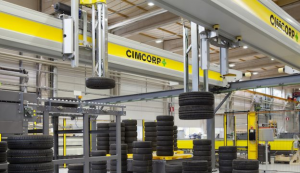
Cimcorp has won a significant order to supply a fully automated handling system to… Read more »

UPS has entered into a definitive purchase agreement to acquire Marken, a global provider… Read more »
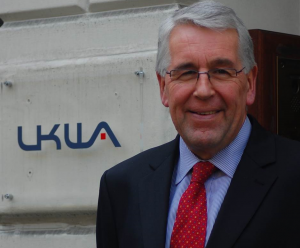
Global supply chain risk climbed to 81.6 in Q3, the fourth consecutive increase Brexit… Read more »
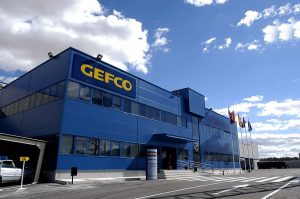
The PSA and Gefco groups have signed a new 8 billion exclusivity agreement under… Read more »
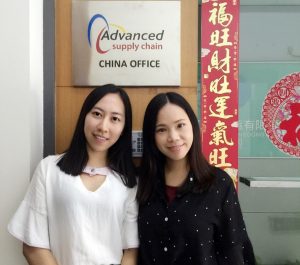
Global supply chain provider Advanced Supply Chain has agreed a strategic partnership with a… Read more »
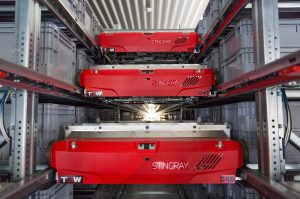
Europe’s leading online fashion e-tailer Zalando has appointed systems integrator TGW Logistics to design,… Read more »

Bradford based logistics firm Advanced Supply Chain has been granted Authorised Economic Operator (AEO)… Read more »

Multimodal owner Clarion Events Ltd has boosted its supply chain and logistics portfolio with… Read more »

International Container Terminal Services, Inc. (ICTSI) recently won the 2016 Gawad Sinop Corporate Award… Read more »

French Connection, the popular retailer of fashion clothing, have entered into a $40million, five… Read more »

As part of its review of supply chain development and efficiency opportunities, representatives of… Read more »

International technology company, ByBox, is launching its latest technological development, Thinventory Mobile, which it… Read more »
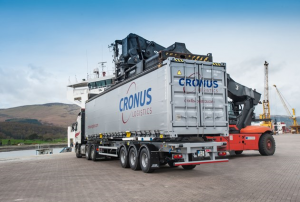 please click here.
please click here.

The results of the Robert Walters Salary Survey have shown that salaries for supply… Read more »
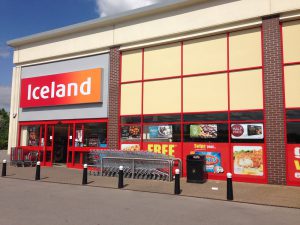
UK frozen food retailer Iceland has signed a new three-year commercial agreement with CHEP,… Read more »
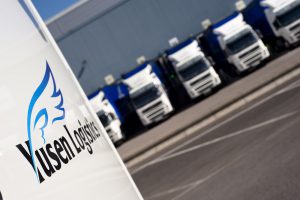
The new network will improve our IT capabilities says Simon Calver, Yusen Logistics (UK)… Read more »

European Supply Chain Day 2016 is confirmed to take place on Thursday 21st April.… Read more »